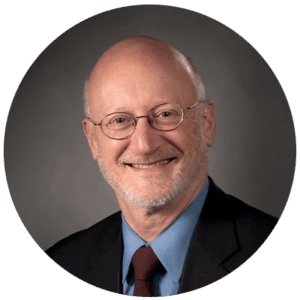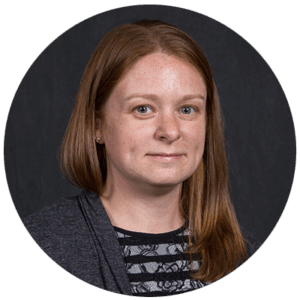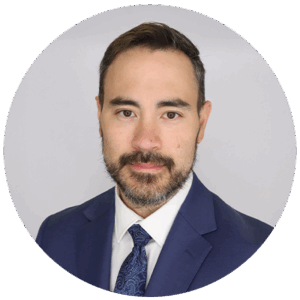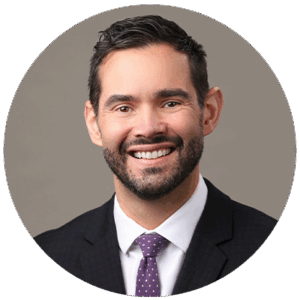Hear directly from patients and caregivers about clozapine’s impact on daily life and discover ways to improve shared decision-making and trust in treatment.
About Raymond Love PharmD, BCPP, FASHP, FAAPP
Raymond C. Love is Professor Emeritus at the University of Maryland (UM) School of Pharmacy and consultant to the National Association of State Mental Health Program Directors NASMHPD). He has also served as Professor of Psychiatry, UM School of Medicine (secondary appointment), Director of the School of Pharmacy Mental Health Program and a vice-chair and associate dean at the UM School of Pharmacy. Dr. Love is a graduate of the University of Maryland and went on to establish the first psychiatric clinical pharmacy services in the state of Maryland. In 1985, he established the University of Maryland School of Pharmacy Mental Health Program. Since 1989, he has been involved in clozapine research and advocated for increased use of clozapine and the removal of barriers to its use.
Dr. Love is a past president of the College of Psychiatric and Neurologic Pharmacists (formerly CPNP, now the American Association of Psychiatric Pharmacists. AAPP). He chaired the USP Expert Panel on Allergies and Intolerances, the Pharmacy Quality Alliance Mental Health Workgroup, the American Association of Colleges of Pharmacy Ethics SIG and a national interprofessional meeting on pharmacist administration of LAIs. He also serve as a commissioner on the Maryland Board of Pharmacy and chaired the board’s Pharmacy Practice Committee. Dr. Love has been a principal or co-investigator for over $175 million in grants and contracts. His contributions have been honored by the American Society of Health-Systems Pharmacists (ASHP), the Maryland Pharmacists Association, the Maryland Society of Health-Systems Pharmacists, USP and CPNP/AAPP. He was honored to deliver the 68th Melendy Lecture at the University of Minnesota, was recognized for his leadership of the Maryland Medicaid Peer Review Program by the University’s Taghi Modaressi Center for Infant Study and is a recipient of the AAPP Judith Saklad Award. He is a Fellow of AAPP, ASHP and the National Academies of Practice.
About Bethany Yeiser, BS
Bethany Yeiser is president of the CURESZ Foundation which she established in 2016 with Dr. Henry Nasrallah. Before her gradual descent into schizophrenia, Bethany was a promising university honors student. By her third year at the university, she had published three articles in biochemistry, and was working as a violinist. In 2002, following her junior year of college, she spent three months as a volunteer in the slums of Nairobi, Kenya and Lagos, Nigeria, living in poverty. After her return from Africa, she had her first psychotic break. Because of undiagnosed and untreated mental illness, she was no longer able to focus on her studies. The insidious emergence of schizophrenia led her on a path away from the university and into a life of delusion and isolation. In 2003, Bethany left college, only to become homeless for four years. Eventually, a series of events led her to reclaim her life. In 2008, she made a full recovery. Bethany finished her bachelor’s degree in molecular biology with honor from the University of Cincinnati in 2011.
Today, Bethany is a sought–after motivational speaker with a passion to educate and inspire change in the way schizophrenia is perceived and treated, and in the stigma so negatively attached to this diagnosis. She has shared her story at numerous conferences and events for physicians and health care providers around the country. Her memoir Mind Estranged: My Journey from Schizophrenia and Homelessness to Recovery is her first book, published in the summer of 2014. In March of 2020, Bethany was awarded the Dr. Frederick Frese Award from the Schizophrenia and Related Disorders Alliance of America for her advocacy. Bethany’s second book, Awakenings: Stories of Recovery and Emergence from Schizophrenia, came out on February 9, 2024.
Bethany maintains a blog called “Recovery Road” on PsychologyToday.com. Her other interests include performing classical and popular music on violin, and studying ancient Hebrew and Mandarin Chinese.
About Michael Brisbin Jr., BS
Michael Brisbin holds a Bachelor of Science degree in Family Studies and Social Work and is currently pursuing his Master of Social Work at the University of Missouri–Kansas City. He plans to become a licensed clinical social worker focused on supporting individuals with serious mental illness. Michael works as a librarian at Mid-Continent Public Library, where he serves his community through public service and education.
Diagnosed with schizophrenia as a young adult, Michael has been treated with clozapine for several years and has experienced a remarkable recovery. He is a strong advocate for improving access to care and expanding education for both providers and families. He serves as a Special Government Employee and Patient Representative for the U.S. Food and Drug Administration and participated on the FDA Clozapine advisory panel. Michael is a member of the Board of Directors for the National Alliance on Mental Illness (NAMI) of Greater Kansas City. He leads a NAMI peer support group for young adults living with mental illness, connecting with members across the country. Michael regularly shares his story to inspire others and to show that people with serious mental illness can live lives filled with purpose, connection, and hope. He most recently shared his perspective at the 2025 American Psychiatric Association Annual Meeting.
About Angela Brisbin, BSN, RN
Angela Brisbin is a critical care nurse at Lee’s Summit Medical Center in Missouri and a PMHNP student at the University of Missouri. She is the mother and primary caregiver of an adult son with schizophrenia who has experienced meaningful recovery with clozapine. Angela also grew up with a father who had schizophrenia, which shaped her lifelong commitment to supporting individuals and families affected by serious mental illness. She brings both professional and lived experience to her advocacy, with a focus on evidence-based treatment, early intervention, and caregiver involvement.
Angela is actively involved in national mental health advocacy. She manages a large peer support group called Team Daniel and the Clozapine Community and serves as an administrator for the nonprofit Team Daniel Running for Recovery from Mental Illness. She is also an assistant producer of the documentary Into the Light: Meaningful Recovery from Psychosis. Angela spoke at the FDA’s 2024 public joint advisory committee meeting on the Clozapine REMS program, calling for the removal of access barriers, and shared her caregiver perspective at the 2025 American Psychiatric Association Annual Meeting. Through her advocacy, clinical experience, and education, Angela promotes recovery-oriented care that includes and empowers families.






